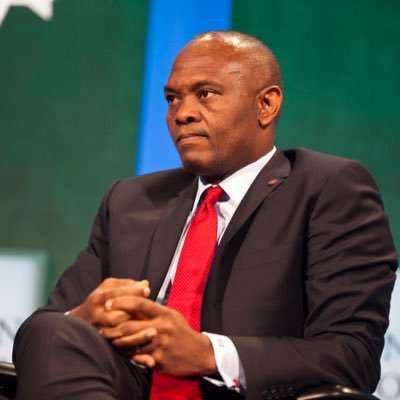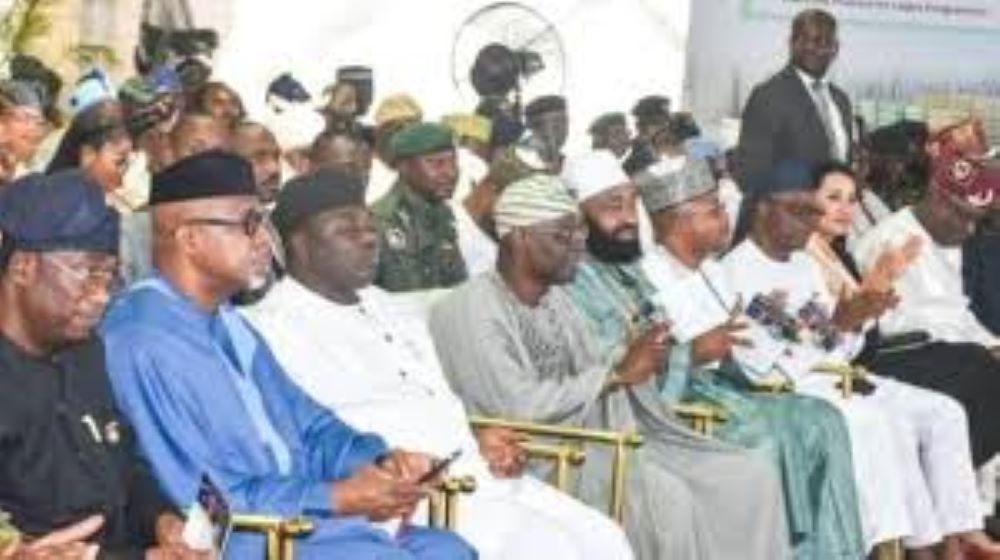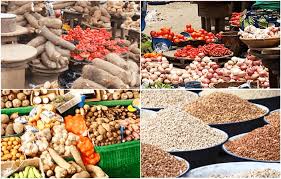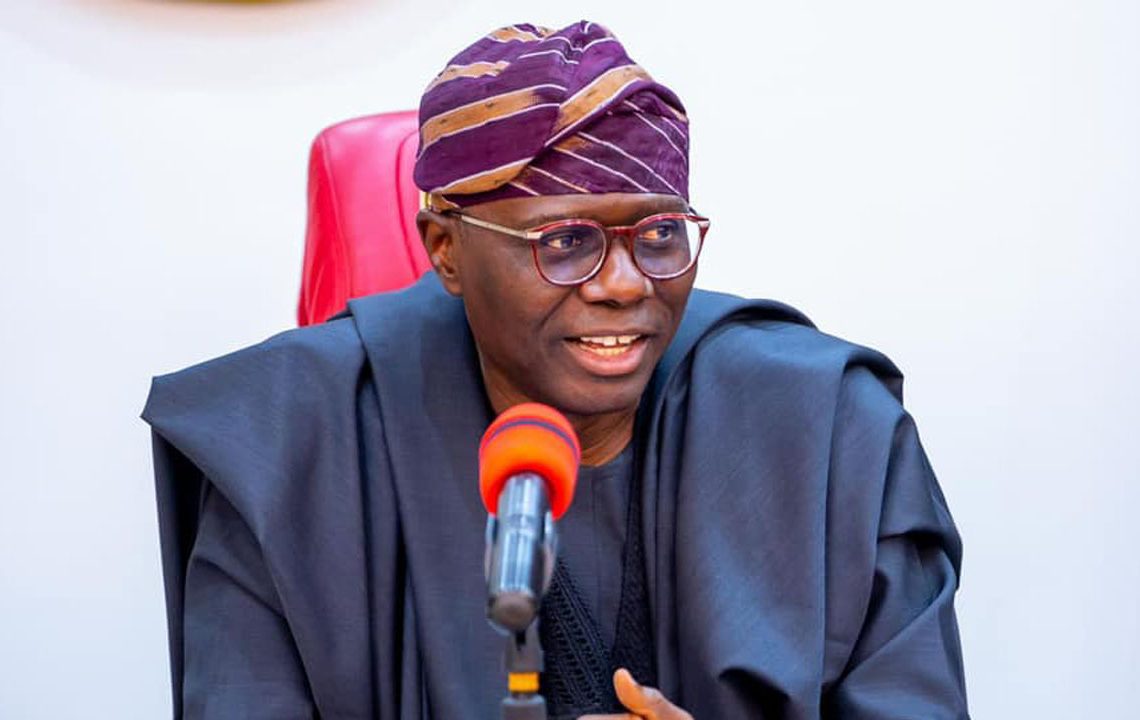Nigeria government is set to train key stakeholders on effective data collection for feed and fodder management in a move that will address ongoing feed and fodder shortages that has been fuelling tensions between farmers and herdsmen.
This training, known as “feed balancing,” is aimed at gathering comprehensive data on feed availability across the country, enabling the government to make informed decisions to strengthen the feed and fodder subsector.
Speaking during a capacity-building workshop on the Feed and Fodder Data Ecosystem, Collection Mechanism, Ground-Truthing, and Validation in Nigeria, organised by the African Union Inter-Africa Bureau for Animal Resources (AU-toIBAR) and the Bill and Melinda Gates Foundation, Director of Animal Husbandry Services at the Ministry of Livestock Development, Mrs. Winnie Lai- Solarin, underscored the government’s commitment to improving feed and fodder production.
Lai-Solarin noted that the Federal Ministry of Agriculture and Food Security, in collaboration with the Federal Ministry of Livestock Development are prioritising feed and fodder.
She noted the newly established Ministry of Livestock Development has created a dedicated department for animal feed and fodder.
She said: “Without accurate data, we cannot effectively manage feed and fodder. It is crucial for everyone involved to showcase their expertise to benefit the subsector. For Nigeria, this is a moment to take this challenge seriously and lead the way forward.”
Also, an Information Systems and Data Analytics expert with the AU-IBAR, Leonard Muganda noted that the project, initiated two years ago, focuses on engaging stakeholders in the feed and fodder value chain to gather essential data for the sector.
According to him, the project targets two main areas: knowledge and analytical ecosystems.
The goal, he said, is to leverage data to support decision-making across the feed and fodder value chain.
The Country Representative of the International Livestock Research Institute (ILRI), Tunde Amole, highlighted the importance of feed inventory, estimating livestock numbers, and balancing feed resources as part of Nigeria’s national feed balance strategy.
The Nation






